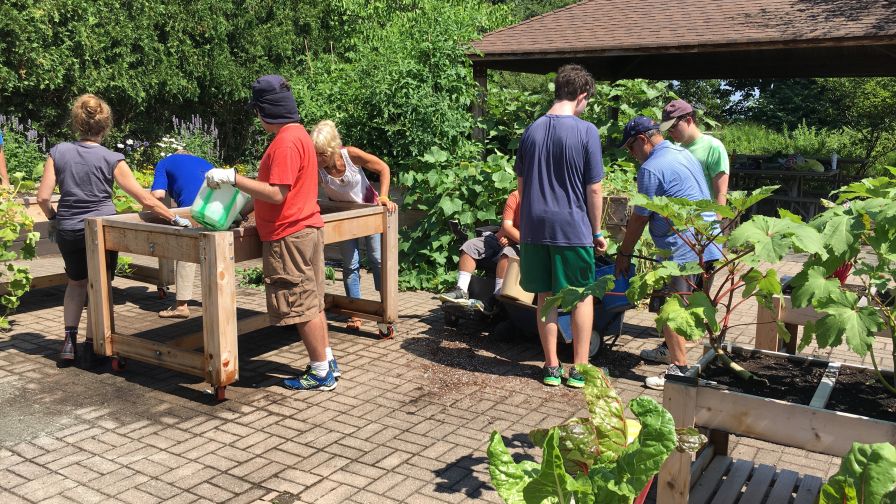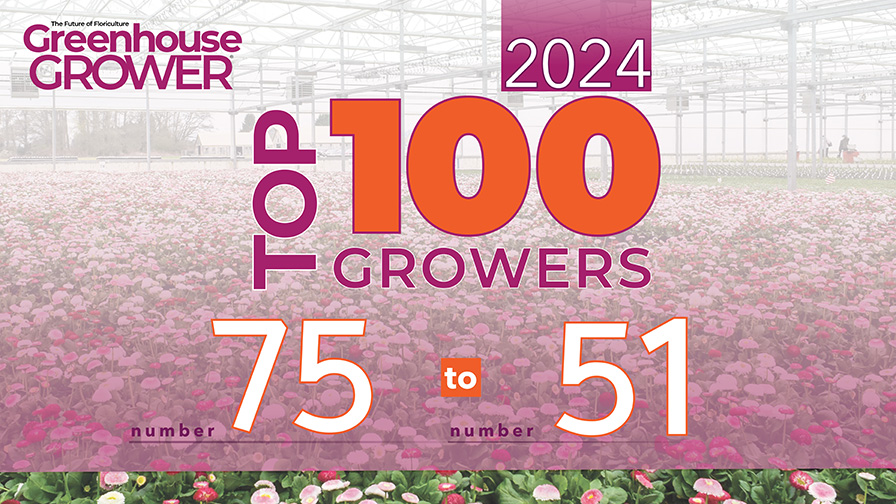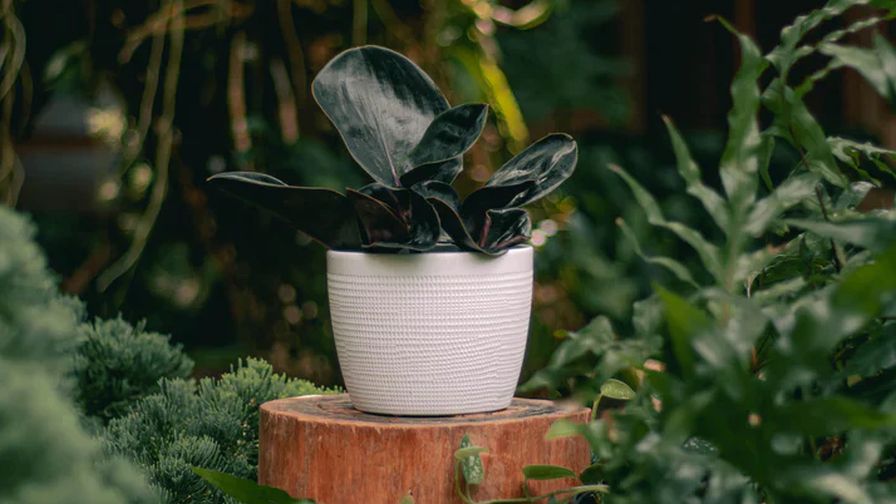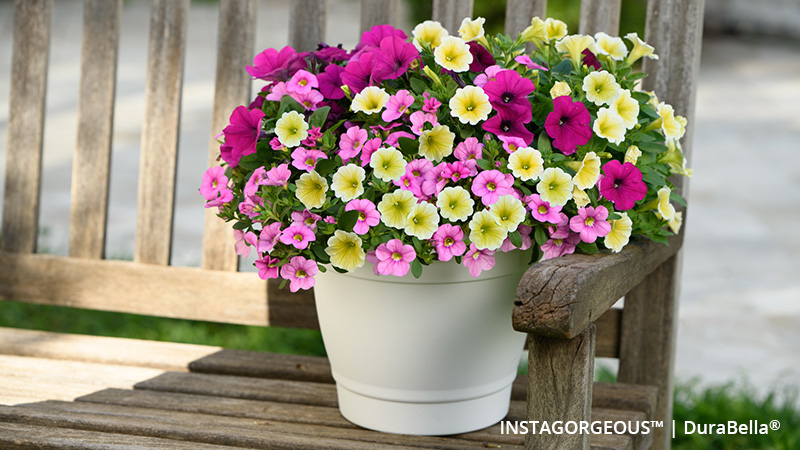How You Can Help Provide Funds for Therapeutic Gardens
 Voting is now open for the National Garden Bureau’s (NGB) 2021 Therapeutic Garden Grant. Growers and other horticulture industry members and followers are encouraged to visit the NGB website, watch videos for each entry, and vote for the most deserving therapeutic garden.
Voting is now open for the National Garden Bureau’s (NGB) 2021 Therapeutic Garden Grant. Growers and other horticulture industry members and followers are encouraged to visit the NGB website, watch videos for each entry, and vote for the most deserving therapeutic garden.
The Therapeutic Garden Grant is a philanthropic program of NGB that was launched in 2014 and supports therapeutic gardens across North America. In 2021, National Garden Bureau, American Meadows, and Sakata Seed America are partnering to provide $5,000 in grant money to be split among three therapeutic gardens in North America. Corona Tools will donate a generous assortment of garden tools to each of the three therapeutic garden finalists.
The first-place winner of the online voting will receive $3,000 from the program to enhance the garden’s good works and continue its mission. Second and third place winners will receive $1,000 each to continue their garden’s respective missions.
“NGB is proud to continue our annual therapeutic garden grant program to sponsor the growth of therapeutic gardens across the U.S. Gardening is a great tool of healing for so many and we understand the importance of the grant program to allow for these programs to flourish and grow in our communities,” says NGB President Nick Pucci.
After reviewing all applications submitted for the 2020 Therapeutic Garden Grant, NGB narrowed the list of finalists to three gardening programs (information below comes direct from the finalists):
- Children’s Center CFEC: “The Children’s Center serves children with special needs, serving approximately 100 children each month. We see possibilities, not challenges in the children we serve. Our horticultural therapy curriculum brings nature-based programs into both our indoor and outdoor classrooms. Lessons have a hands-on focus and are designed to strengthen memory, enhance cognitive abilities, build task initiation, develop language skills, and increase socialization levels. With funding from the Therapeutic Gardening Grant, we will purchase pine needles, soil, home gardening kits, adult tools, and adaptive gardening tools for students. The monies will also be used to pay for the removal of weeds, poisonous plants, and overall garden maintenance.”
- Inova Mt. Vernon Hospital: “Inova Mt. Vernon Hospital is a 67-bed, in-patient acute rehab hospital serving patients with CVA, brain and spinal cord injuries, and amputees. Over the years, the Therapeutic Recreation (TR) team has incorporated gardening into their services, and the garden has evolved from a 10-foot by 12-foot raised garden to a Therapeutic Pavilion, where teams use gardening tasks to work on individual patient goals. In 2019 the TR team created a year-round, interdisciplinary horticulture therapy (HT) program. Weekly group HT sessions engage patients in a variety of activities, including seed starting, propagation, floral arrangement, accessible garden techniques, and mindfulness activities. All HT sessions are centered around a plant metaphor that relates to a patient’s experience in rehabilitation and healing to the plant life cycle/nature.”
- Vera A. Sherer Garden: “The Vera Sherer Garden partners with Morristown High School and welcomes special needs high school students to work in the garden as part of the vocational program. The students learn gardening and work skills. They learn to be on time for work, to remember their tools, and to their very best each time they are working. They also learn to weed, water, plant, and harvest. Other groups come and use the garden for recreation and social activity. Each month they teach a new horticulture topic and have a short discussion. After the discussion, they do a horticulture craft which may include planting, painting, or creating a gift. They learn the plants and use the plants harvested from the garden. The craft helps them exercise their fingers and improve fine motor skills as well as making decisions and creating something to share.”
For more information about National Garden Bureau, contact Diane Blazek.








